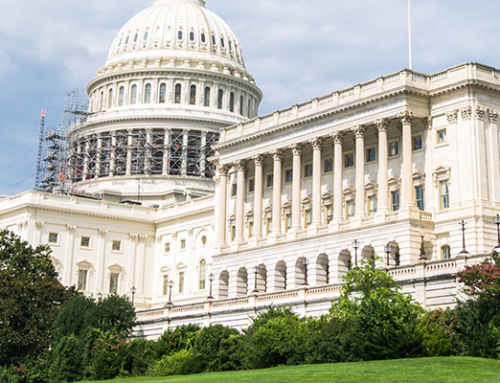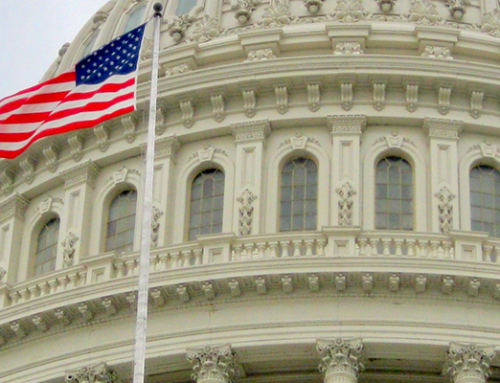On August 11, 2021 the US Department of Labor released a series of documents describing how it intends to use the $2 billion in funds to assist with UI Modernization and addressing Fraud in the UI system. These funds were part of the American Rescue Plan Act of 2021 that responded to systems and integrity needs that impacted the UI system during the COVID-19 Pandemic shut down and recession.
The President’s 2022 Budget includes principles as the basis for any major reform of the UI system and thinking about modernizing UI. Those principles include:
- Ensuring adequate benefit levels and duration for unemployed workers; · Ensuring the UI system can ramp up quickly and automatically in response to recessions;
- Addressing the lack of access to UI for workers misclassified as independent contractors, low-income and part-time workers, and workers with non-traditional work histories;
- Ensuring the long term solvency of UI trust funds;
- Investing in expanded reemployment services; and
- Improving UI program access and integrity.
The provisions in the ARPA are somewhat more limited than the President’s budget proposal language but the Biden Harris administration has chosen to reference those principles in the implementation of the use of the $2 billion.
The outline of US DOL plans is provided here. A general summary is provided below.
American Rescue Plan Act Unemployment Insurance Funding The $2 billion as a part of the American Rescue Plan Act grants broad authority to the Department of Labor to help states address these challenges by using the funds to prevent and detect fraud, promote equitable access, and ensure timely payment of benefits. The department is using the funds to tackle common problems facing the system in the short-term while also working to address long-term challenges by improving state processes and building a modern, modular IT system that will make the UI system easier to access, better prepared to prevent fraud, and more resilient to prepare for future surges in initial claims. Other reforms to the UI system will need to be handled through comprehensive legislation, using the principles laid out above. The Department of Labor has begun to spend this funding by carrying out work on four tracks to address systemic shortcomings in access, based on proven strategies:
- Direct assistance to the states through “Tiger Teams”: States are facing acute – and varied – challenges that need to be better identified and addressed around the process of preventing and detecting fraud, promoting equitable access, eliminating backlogs and ensuring timely payment of benefits. The department is addressing these challenges by sending experts directly to the states, to work hand in hand with states to identify solutions. Despite ongoing efforts to add staff, deploy innovations and address backlogs – many states’ backlogs are persisting. With this funding the department will be able to support states more comprehensively to address these issues. Deploying these teams and resources will help states zero in on what’s working and should be shared and what’s not, and should be addressed. The department has begun deploying teams of experts, or “Tiger Teams” into an initial six states on a voluntary basis – Colorado, Washington State, Kansas, Wisconsin, Virginia and Nevada – to help identify process improvements that can speed benefit delivery, address equity, and fight fraud. The department will expand the Tiger Team supports to additional states throughout the year.
- Tools to states to help address immediate fraud concerns by facilitating more effective ID verification: Identity verification is a critical tool in paying unemployment benefits to eligible individuals. Yet too few states have the resources, expertise, and capacity needed to address effectively the wide-ranging attacks that the UI system has experienced from organized criminal enterprises. The nature of fraudulent activity in UI will continue to be highly dynamic and states will require additional support and continuous monitoring for evolving threats. The department plans to take a more active role in helping states improve their identification verification processes. This will cut down on fraud, which is contributing to large backlogs and the hijacking by fraudsters of benefits that workers need, instead allowing states to focus resources on serving legitimate claimants. To that end, the department recently made identification verification services available to states to purchase.
- Developing IT solutions to modernize antiquated state technology by centrally developing open, modular technology solutions that can be adopted by states as needed: The pandemic has only underscored states’ desperate need for technological support and improvements. Many state systems are operating on outdated technology, which made it difficult for them to respond rapidly to changes in law and economic conditions. This problem will be addressed by centrally developing open, modular technology solutions that states may adopt as part of ongoing modernization and improvement efforts. Shared IT solutions will be designed to integrate with state systems and will focus on the needs that are shared across states, while supporting states to implement and continue operating state specific elements. The department hopes to provide software to support end-to-end administration of UI, including benefit delivery, employer tools and appeals.
- Providing direct grants to states to promote timeliness and equity and fight fraud:States lack the resources they need to manage the current volume of claims quickly, accurately and equitably. As a result, far too many workers, underrepresented populations, those with limited English proficiency, or low-income claimants face barriers in accessing unemployment insurance. To address that challenge, the department plans to make $700 million in grants to states available to promote equity and fight fraud. These grants will be designed to help states improve their UI systems to ensure benefits go to workers who need them.
UWC is reviewing the specifics of the general policy release above and the UI Pls that were recently released with greater detail. Significant changes in UI program policy and administration go hand and hand with the systems that effectively support the program. In many cases reforms require changes in state and federal law as well as administration to improve the system for all of its customers.
We plan to address details during our annual UI Issues conference October 20-22 in Indianapolis, Indiana.






